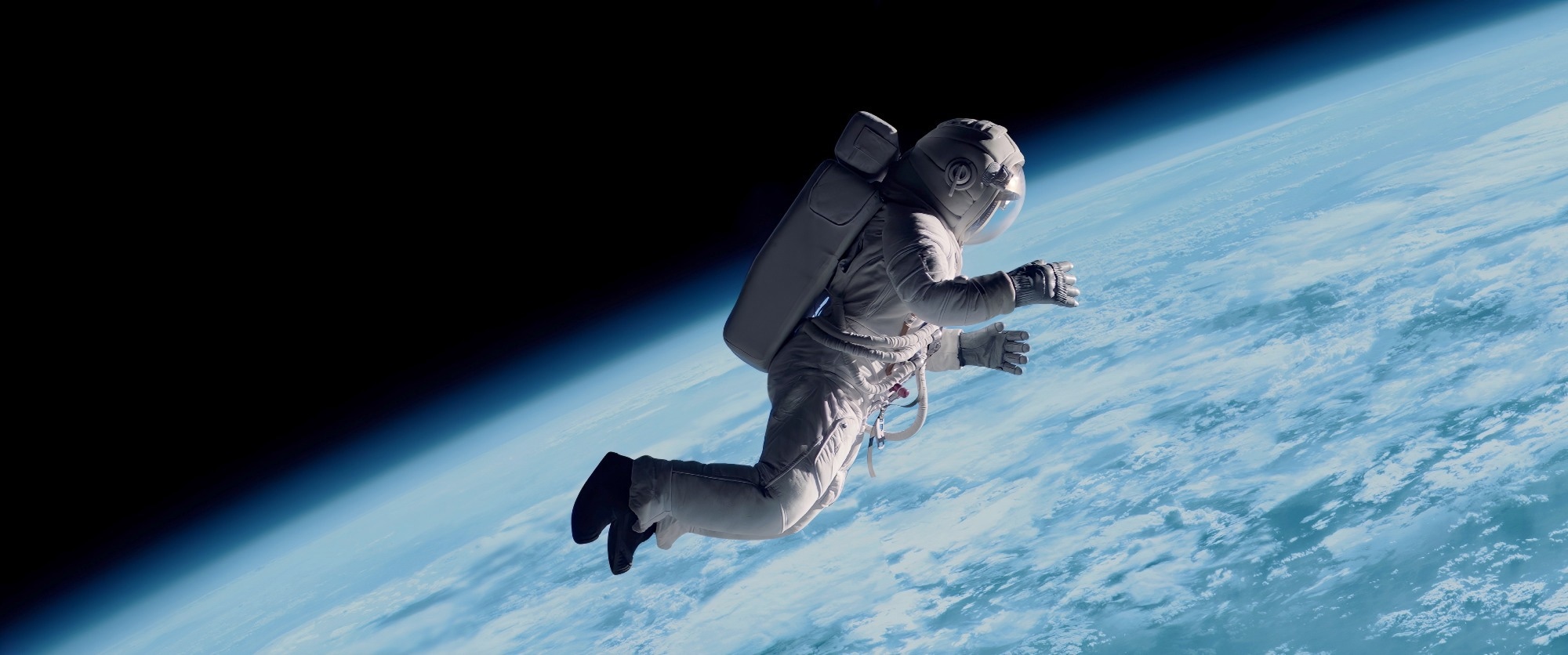Recently, scientists have reviewed the existing literature to understand how space travel, space radiation, and microgravity affect human reproductive functions. This review was published in Npj Microgravity.
The relevant information for this review was obtained from many databases, such as Pubmed, Medline Complete, and Web of Science. A total of 364 studies were identified in the initial search. However, after removing the duplicates, 16 studies fit all eligibility criteria and were included in the current systematic review.
 Study: The effect of space travel on human reproductive health: a systematic review. Image Credit: Supamotionstock.com/Shutterstock.com
Study: The effect of space travel on human reproductive health: a systematic review. Image Credit: Supamotionstock.com/Shutterstock.com
Why is it important to understand the impact of space travel on human reproduction?
It is important to understand whether participating in multi-year missions in deep space or colonizing other planets has adverse health effects, including human reproduction. Before conducting space travel, it is imperative to implement all safety measures.
During space travel, astronauts are exposed to many hazardous factors, such as ionizing radiation, hypogravity, and hypergravity. Previous studies have indicated that exposure to microgravity damages the endocrine system in males.
In addition, it affects bone and muscle mass, alters electrolyte balance and the cardiovascular system, and enhances glomerular filtration rate in both sexes.
Ionization radiation is approximately 500 times greater in space than in the Earth. Animal model studies have shown that exposure to ionization radiation causes DNA damage, sperm DNA fragmentation, and apoptosis in ovarian follicles.
Not many studies are available related to the impact of space travel on the reproductive system. However, several studies have been conducted to understand the effect of space travel on endocrine regulation of sex hormones.
These alterations in hormone levels impacted skeletal muscle protein metabolism and musculoskeletal health.
Understanding the impact of space travel
a) Females
A previous study based on female mouse models has shown that microgravity adversely impacts the growth and differentiation of embryonic stem cells. This leads to the impairment of the decidualization of the endometrium, a vital factor for implantation and normal pregnancy.
It was estimated that exposure to space radiation during a typical Mars mission could decrease ovarian reserve by 50% by damaging primordial follicles.
Furthermore, exposure to space radiation could also decrease the reproductive capacity of women astronauts by reducing the time interval for menopause onset. Exposure to 15 Gy radiation causes loss of ovarian function in humans.
Animal models using female rats revealed that the luteinizing hormone was reduced in conditions similar to thirty-seven-day space flights. However, no changes in the estrous cycle stages were found.
Microgravity caused a 12% and 15% reduction in luteinizing hormone and progesterone, respectively. This could be due to dysfunction of the corpus luteum.
No change in menstrual cycle length was associated with microgravity. It must be noted that although abnormal uterine bleeding is a common problem of reproductive-aged women, research has not analyzed whether this problem is enhanced during space travel.
Typically, during space flight training or actual space flight, women astronauts undergo medically induced amenorrhea using combined oral contraceptives containing progestin and estrogen.
The aforementioned combination of oral contraceptives has been associated with higher concentrations of transferrin, lower circulating concentrations of albumin, and enhanced levels of inflammation markers. These conditions enhance the possibility of venous thromboembolism during space flight.
b) Male
Male rats exposed to microgravity exposure exhibited a decrease in total sperm count, testosterone concentrations, and testes weight compared to the healthy or control male rats.
Echinogammarus marinus models also revealed that exposure to ionizing radiation causes DNA fragmentation that affects the male reproductive system.
In humans, therapeutic radiation higher than 1 Gy could lead to azoospermia. This level of radiation also enhances the risk of hereditary disorders.
When men with rectal cancer are treated with radiotherapy, their testes are often exposed to direct or scattered radiation, which in turn results in reduced serum testosterone levels.
Microgravity was found to impact the sperm motility negatively. However, during the transportation of male human gametes into space, it was observed that sperm integrity was protected by cryopreservation.
Future outlook
In the case of female astronauts, pilots, cabin crews, and frequent flyers, the radiation may exceed the recommended level. Hence, it is important to understand the impact of excess radiation exposure on their overall health.
Furthermore, studying the impact of multi-year duration space flights or colonization on pregnancy, particularly fetal growth, is imperative.
The fate of the offspring conceived and developed in space must be analyzed in future research.
Understanding whether microgravity and space radiation impacts the pro-oxidant/antioxidant balance during pregnancy is important. An altered balance could increase the risk of miscarriage, pre-term birth, and inappropriate fetal growth.
In the future, space radiation's effect on fresh and frozen semen samples must be studied. This study could provide insights into the possibility of developing a human sperm bank outside the Earth.